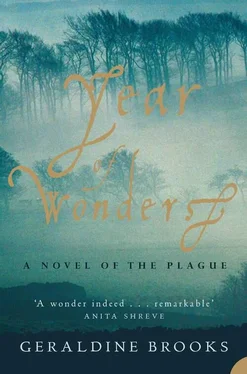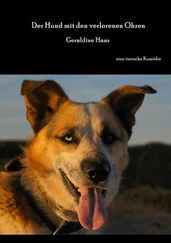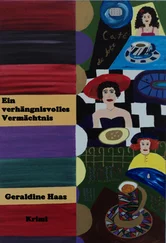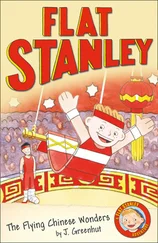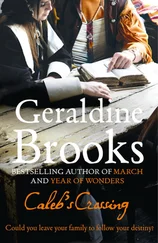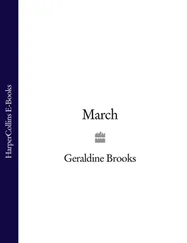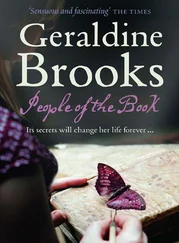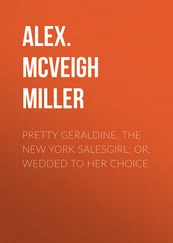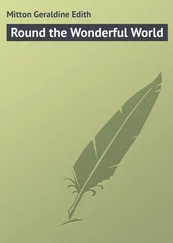‘Your analogy is excellent, sir,’ said Mr. Mompellion; his voice had the commanding timbre that he used in the pulpit. ‘Let us explore it. For I will certainly stand and face the lion if, by running, I would cause the beast to follow me, and thus draw him closer to the dwelling places of innocents who demand my protection.’
At the mention of innocents, Jamie’s little face flashed before me. What if the young Londoner were correct? Jamie had lived in George Viccars’s pocket. All that day before the illness first rose in him, Jamie had been climbing on his back, prancing by his side.
The young man broke into the silence that greeted Mr. Mompellion’s speech. ‘Well, sir, very bravely stated. But I must tell you that those who know this disease best – and that would be the physicians and the barber-surgeons – have been the fleetest of foot in leaving town. One cannot get cupped for a cough or bled for the gout, no matter if you have a sovereign to give in fee. Which leads me to conclude that the physicians have written us a clear prescription, and that is this: the best physick against the Plague is to run far away from it. And I, for one, intend to follow that prescription religiously.’
‘You say “religiously,” but I think your choice of word is poor,’ said Mr. Mompellion. ‘For if one speaks “religiously,” then one must recall that God has the power to keep you safe in peril, or to bring peril to overtake you, no matter how far or fast you run.’
‘Indeed, sir. And many who believed that now are rotting corpses passing through the streets in cartloads, on their way to the great pits.’ Miss Bradford raised a hand to her brow, ostentatiously feigning a faintness that her avid eyes belied. The young man turned to her, reading her desire for morbid detail, and continued, ‘I have had it from one whose man had need to go there in fruitless search of a kinsman. He reported that the corpses are tipped in, afforded no more respect than one would give a dead dog. A layer of bodies, a few spades of soil, and then more bodies tumbled in atop. They lie there so, just like yonder dessert.’ He pointed at the layered cake, which I had set down upon the table. I saw the Mompellions wince, but the young man smirked at his own wit and then turned pointedly towards the rector.
‘And do you know who were the fastest to follow the physicians out of the city, sir? Why, it were the Anglican ministers, just such as yourself. There’s many a London pulpit being filled by a nonconformist on account of it.’
Michael Mompellion looked down then and studied his hands. ‘If what you say is true, sir, then I am indeed sorry for it. I will say that if it be the case, then my brothers in faith are the lesser men.’ He sighed then and looked at his wife. ‘Perhaps they might believe that God now is preaching to the city, and what needs add their small utterance to the thunder of His voice?’
There was a full moon that night, which was fortunate, for otherwise I’m sure I would have fallen into a ditch as I stumbled home, almost running despite my exhaustion, as the thistles tore at my ankles and the briars caught at my skirt. I could barely speak to the Martin girl as she roused herself heavily from her fireside slumber. I threw off my cloak and rushed up the stairs. A square of silvery light bathed the two little bodies. Both breathed easily. Jamie had an arm round his brother. I stretched out a hand to his forehead, terrified of what I might feel. My fingers brushed his soft skin. It was blessedly cool.
‘Thank you,’ I said. ‘Oh, thank you, God.’
The weeks that followed George Viccars’s death ushered in the loveliest September weather I ever recall. There are some who deem this mountainside bleak country, and I can see how it might seem so: the land all chewed up by the miners, their stowes like scaffolds upon the moors, and their bings like weedy molehills interrupting the pale mauve tide of the heather. This is not a vivid place. Our only strong hue is green, and this we have in every shade: the emerald velvet mosses, the glossy, tangled ivies, and in spring, the gold-greens of tender new grasses. For the rest, we move through a patchwork of greys. The limestone outcropts are a whitish-grey, the millstone grit from which we build our cottages a warmer greyish-yellow. Grey is the sky colour here, the dove-breast clouds louring so upon the hilltops that sometimes you feel you could just reach up and bury your hands in their softness.
But those autumn weeks were flooded with an unaccustomed surfeit of sunlight. The sky was clear blue almost every day, and the air, instead of hinting frost, remained warm and dry. I was so relieved that Jamie and Tom were not ill, I lived in those days as at a fair. Jamie himself was downcast, having lost his dear friend Mr. Viccars. In truth, the death of his father had been easier for him to bear, because with Sam down the mine for most of Jamie’s waking hours, the two had spent little time in each other’s company. In the few short months he had lived with us, Mr. Viccars had become an indispensable companion. His death left an emptiness that I resolved to fill, taking time to make our simple chores into something of a game so that Jamie would not feel the loss so keenly.
At day’s end I liked to know that the ewes were each with their lambs and none had caught themselves up in briars or burrows. So in the afternoons, when I went to check the flock, I would take Jamie and Tom with me, and we would dawdle along our way, stopping to find what story each clump of stones or hollow tree might yield us. A line of fungus marching up a fallen branch might become, in our tale, the stairway to a faery’s bower, while an acorn cap might be the cup left behind by a party of feasting wood mice.
Our flock is small, just one and twenty ewes. From the time I married Sam, my rule has been to make mutton of any who proves an inept mother, and the result is an easy lambing when the weather is with us. We had had a good lambing back in the spring, so the last thing I was looking for that day was a ewe in labour. But we found her, and fortunate, for she was lying upon her side, panting in the shade of a rowan whose redding leaves also seemed quite out of season in that heat. Her tongue was out, and she was straining. I unslung Tom and laid him on a patch of clover. Jamie stood behind me as I knelt down and ran my hands inside the ewe, trying to stretch her. I could feel the nub of a nose and the hardness of one hoof, but I could barely get all my fingers in to grasp it.
‘Mummy, may I help?’ said Jamie, and looking at his tiny fingers I said yes, sitting him down in front of me with the ewe’s rear open before us like a big, glistening blossom. He slid his little hands easily up into that slippery wetness and exclaimed as he felt the nobbly knees of her backward baby. I braced against the ewe with my heels and together we tugged, he gripping the knees with his small strength while I strained at the hoofs. Suddenly a bundle of wet wool flew out with a big, sucking slosh, and the two of us fell backwards on the grass. It was a fine lamb, small but strong, an unexpected gift. The ewe was a young one that had not lambed before, and I was pleased to see her set straight to work cleaning the caul from her babe’s face; presently the lamb rewarded her with an enormous sneeze. We laughed, Jamie’s eyes round and proud and happy.
We left them, the mother licking the remains of the yellow sac off her baby’s fleece, and wandered from the field and into the copse where the stream runs, to wash the blood and muck from our own hands and clothes. The water bubbled and sang over the layers of shale. Because the day was warm and we were hot from our efforts, I stripped Jamie down to his skin and let him splash naked while I rinsed his smock and my pinafore and flung them over a bush to dry. I had unpinned my whisk, untied my cap, and pulled off my hose. My skirt tucked up, I found a flat rock and sat down to feed Tom, letting the rills run over my toes while Jamie paddled. I stroked the fine, downy hair on Tom’s head and watched Jamie splashing in the cool water. He had lately reached that age when a mother looks at her babe and finds him a babe no longer, but a child full formed. The curves have turned into long, graceful lines: the fat and folded legs stretched out into lithe limbs; the rounded belly slimmed to a straight-standing body. A face, suddenly capable of the full range of expression, has smoothed its way out of all those crinkled chins and plumped-out cheeks. I loved to look at Jamie’s new self, the smoothness of his skin, the curve of his neck, and the tilt of his golden head, always gazing curiously at some new wonder in his world.
Читать дальше
